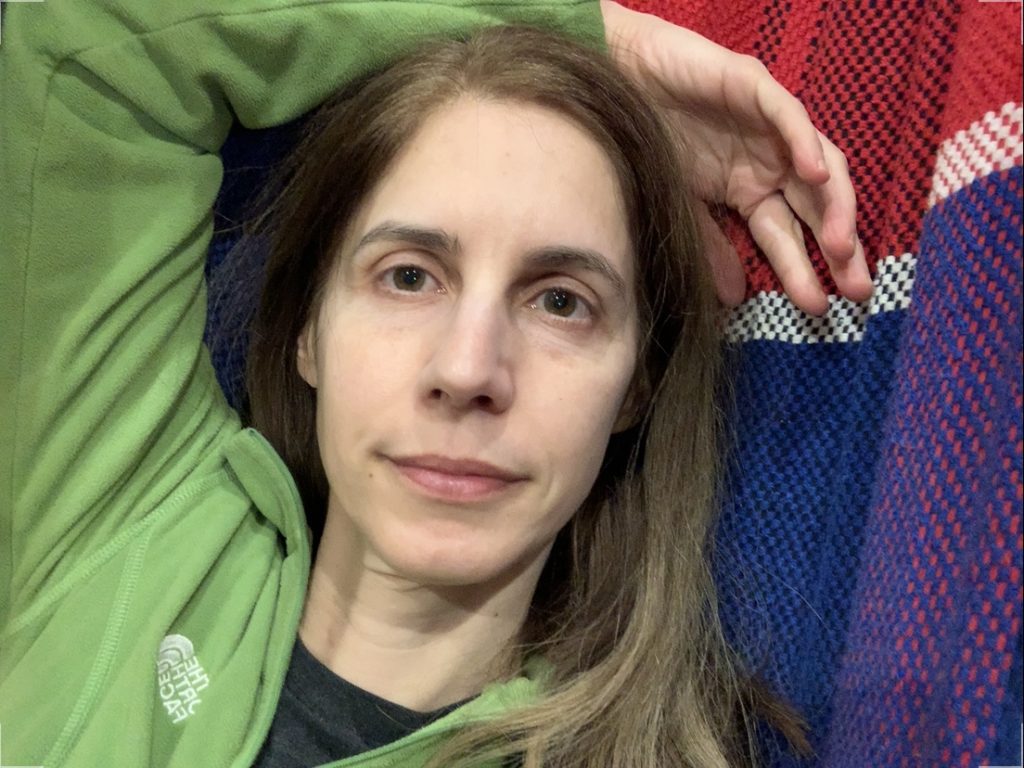
“I will never cry again,” was the closing sentence of my college admissions essay.
Thirty-five years have passed since that essay and I can summon how I felt and what I experienced during that time of my life with great clarity. I’d say my teenage years are more deeply etched in my psyche than any other period of my life. I suspect that’s the case for a good many people.
Perhaps it’s because the brain area reserved for memories is still relatively empty and impressionable in youth, or because more drastic stuff and first-time events happen over the first two decades of life — you know, like realizing your parents don’t know everything, learning to ride a bike, making your first friend, getting through puberty, being left out and falling in love.
It is telling that long-ago memories and names remain most accessible as diseases like Alzheimer’s progress, don’t you think? As my father-in-law’s dementia advanced, for instance, he began to call his wife mamma, or Gemma (his sister’s name).
Anyhow, my brain often conjures up memories from the five years spanning my 14th to 19th birthdays. That’s when the trajectory of my life took its first radically unexpected turn — in hindsight, neither a good nor bad turn, though at the time, it certainly felt like a calamity.
It all started at 14 with the horrid back brace I had to wear to prevent my idiopathic scoliosis from progressing. It just so happened that the brace coincided with the stealthy onset of depression, a sense of abandonment by my childhood friends, an irrational feeling of social inadequacy, and a desperate need to escape my life -this last impulse being the reason I decided to go far far away for college and wrote that essay.
To me, the brace was to blame for it all. It wasn’t of course. As it turns out, when it comes to depression, my family won the devil’s lottery. My genes were largely its origin; I just didn’t know it then. As to suffering, it spares not one human.
Back then, though, I was convinced of the direct and unique brace-misery causality. Once my back treatment ended, I would never, ever cry again, I solemnly swore to myself.
Over the years, I’ve pondered my never-cry-again attitude a great deal.
For one thing, my teenage woes are surely insignificant compared to the traumatic events in the lives of other teenagers.
“It is intolerable to have one’s own sufferings twinned with anybody else’s,” notes Susan Sontag in Regarding the Pain of Others. I mean, if you were the only one in your family to survive the Rwandan genocide or the 2004 Pacific Ocean tsunami, then you’re certainly right to shake your head when you hear about my stupid teenage misery.
I don’t have to go far, however, to be reminded of the ordinariness of my experience: my father suffered third-degree burns as a child. He basically lost half of his face. Hard to imagine the psychological and physical pain of going through adolescence with a face which doctors try to gradually make whole.
Still, I’ve learned that suffering is suffering.
In Man’s Search for Meaning, Viktor Frankl captures well this dimension of suffering:
A man’s suffering is similar to the behavior of a gas. If a certain quantity of gas is pumped into an empty chamber, it will fill the chamber completely and evenly, no matter how big the chamber. Thus suffering completely fills the human soul and conscious mind, no matter whether the suffering is great or little. Therefore the “size” of human suffering is absolutely relative.
Here’s a question for you: if the size of suffering is relative, how about its effects?
I say NO, not the effects.
My teenage suffering didn’t lead to trauma or PTSD, for instance. What my father went through as a child could have. War, parental neglect and sexual abuse also tend to do so.
Suffering is inevitable. Trauma is not.
Take my scoliosis related suffering. It was real, but I had two loving parents and six siblings I could rely on as friends, not to mention the fact that the treatment was effective.
I wouldn’t have gone to college in the US -instead of my native Venezuela- were it not for my scoliosis and the regular checkups and brace adjustments I traveled to New York for. In this sense, the brace, beyond causing suffering, altered my life. Who knows, it likely made me more resilient and sensitive to the pain of others.
It certainly hardened me. I probably have cried no more than eight times since I turned 18 and my brace was put away. I can only recall two times when the tears flowed as if a damn had been breached. I will certainly blog about those at some point.
All in all, my scoliosis was a life experience that involved, among other things, suffering, a bit of enlightenment, altered life choices and many trips to New York City.
Traumatic, my scoliosis decidedly was not.

